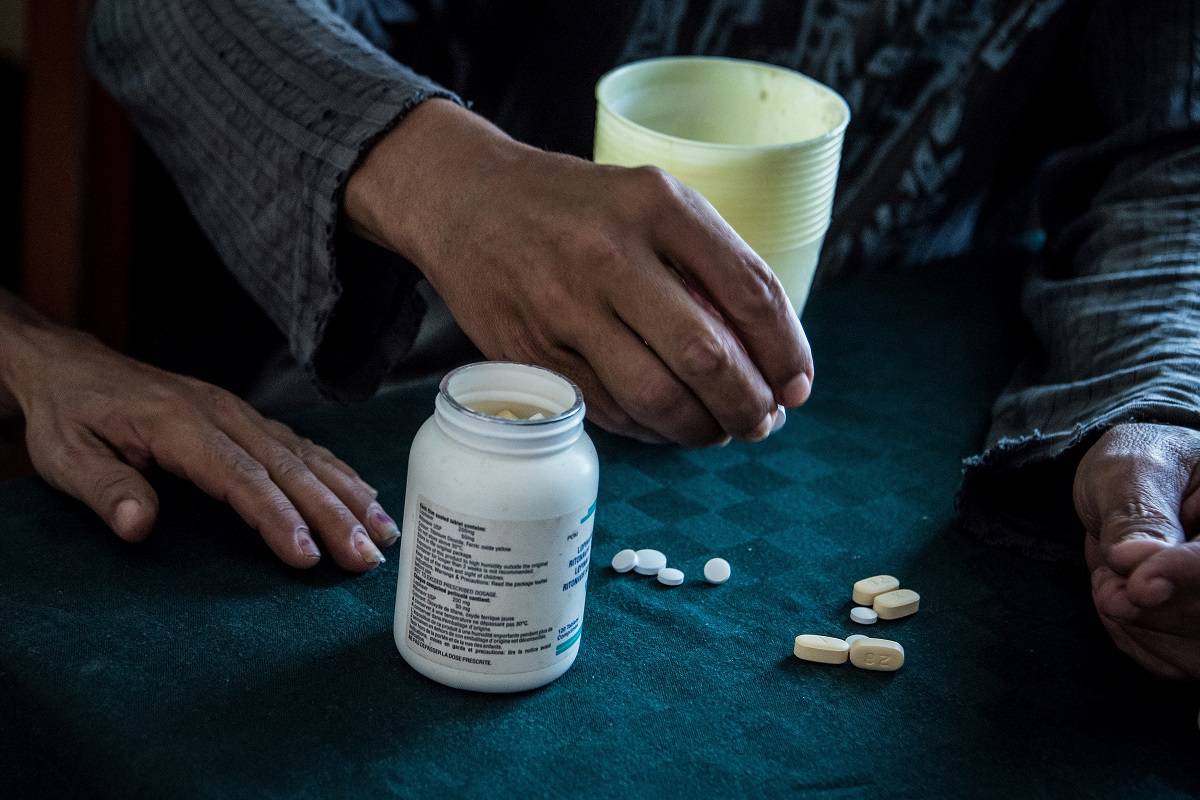The Costa Rican government on Monday reformed its General Law on HIV/AIDS to “promote and guarantee a comprehensive approach to human rights for people with HIV in public and private spheres,” Casa Presidencial said.
The modified law, enacted in line with Sunday’s World AIDS Day, will “pay off a historical debt” for more comprehensive legislation, according to Epsy Campbell, who is acting president of Costa Rica while Carlos Alvarado is out of the country.
Among the changes highlighted by Costa Rica’s government are:
- A mandate forbidding employers from requiring HIV tests to obtain or maintain employment.
- A requirement that any voluntary disclosure of HIV status between an employer and employee remain confidential.
- The creation of a National Council for Comprehensive HIV Care (CONASIDA), which will “recommend public policies, national plans, coordination of inter-institutional work and encourage cooperation agreements.”
- A guaranteed right to counseling for guidance and psychological support during HIV testing and treatment.
- A right to female and male condoms in public health facilities, in addition to free HIV screenings.
“We receive this new legislation with enthusiasm,” said Health Minister Daniel Salas. “It is a new legal framework that allows us to strengthen prevention and care actions.”
According to the Health Ministry, more than 11,000 people in Costa Rica have been diagnosed with HIV since 1983. Nearly 4,000 new cases were reported between 2014 and 2018 — 83% of them in men.
“The number of new HIV infections is not decreasing among the adult population and young people, so it is necessary to promote greater prevention,” a Health Ministry statement reads.
According to the CDC, HIV, or human immunodeficiency virus, attacks the body’s immune system. If untreated, it can lead to acquired immunodeficiency syndrome, or AIDS.
While there are treatments, there is no cure for HIV.






